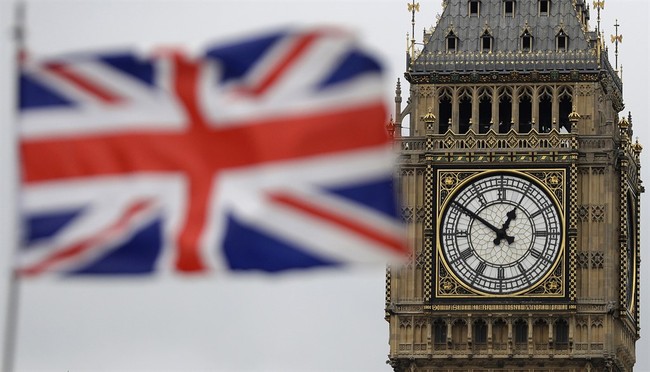
The latest news out of Great Britain is disheartening: by a vote of 330 to 275, British lawmakers approved a bill that could open the door to state-sanctioned assisted suicide in England and Wales. The vote came after hours of emotional debate in Parliament, with those in favor of the bill arguing it would end the suffering of terminally ill patients and those against it warning it could lead to a slippery slope of unintended consequences.
Supporters said the law would provide dignity to the dying and prevent unnecessary suffering, while ensuring there are enough safeguards to prevent those near the end of their lives from being coerced into taking their own life. Opponents said it would put vulnerable people at risk, potentially coerced, directly or indirectly, to end their lives so they don’t become a burden.
Supporters of the bill argued that no one should have to endure a painful death, and that assisted suicide would bring dignity to dying.
Tory Member of Parliament Danny Kruger, who led the opposition to the bill, said Parliament should do better for his nation’s terminally ill people than to provide a “state suicide service,” and that they should, instead, offer them safeguards, such as palliative care, as they face their final days.
Kruger continued:
“We are the safeguard, this place, this Parliament, you and me. We are the people who protect the most vulnerable in society from harm and yet we stand on the brink of abandoning that role.”
MP Kruger recently wrote that the bill, technically called the Terminally Ill Adults (End of Life) Bill, was unnecessary since anyone in the U.K., including the terminally ill, could end their lives at any time, or, as he put it, “We are all within six months of death if we choose to be.”
The more caring and dignified thing, argued Kruger, would be to provide better end-of-life palliative care services.
Modern pain-relief drugs mean almost no one needs to die in unbearable physical agony. Everyone can be helped to die well, but end-of-life care at the moment is patchy and shamefully underfunded.
Kruger also argued that such a bill could lead to the most ill and vulnerable of society being pushed down a path to taking their own lives when other options are open to them. As Kruger noted, “a subset of campaigners is open in declaring this bill as merely the beginning, and that once the right-to-die principle is established access to it will soon be widened—as has happened in other jurisdictions that have started down this road.”
Look no further than Canada for proof of this slippery slope, as even the homeless are now offered suicide as a means to escape their plight. What’s happening there is truly a horror film come to life.
RedState has written often about the rise in assisted suicide in the West, and the troubling questions that arise from state-sanctioned suicides.
So, how did humanity get here? The decline in the number of people who identify as religious certainly plays a part in it; too many people now think they are the higher power who gets to decide everything. I’d also argue that it’s part of the “strong men create good times, good times create weak men” cycle. We’ve had it too easy for so long that we no longer see any value in the process of suffering. This is true in the U.S. and particularly true in Canada and Western Europe, where assisted suicide seems to be on the rise.
In 2015, The Heritage Foundation released an important paper called “Always Care, Never Kill: How Physician-Assisted Suicide Endangers the Weak, Corrupts Medicine, Compromises the Family, and Violates Human Dignity and Equality” that is a must-read for those in the United States who fear that assisted suicide and its consequences could take hold at home.
The paper outlines the four biggest dangers of such legislation:
- Endanger the weak and vulnerable,
- Corrupt the practice of medicine and the doctor– patient relationship,
- Compromise the family and intergenerational commitments, and
- Betray human dignity and equality before the law.
The good news from the United Kingdom is that the bill has only been approved in principle, and must be voted on again by Parliament at some point in the future.
